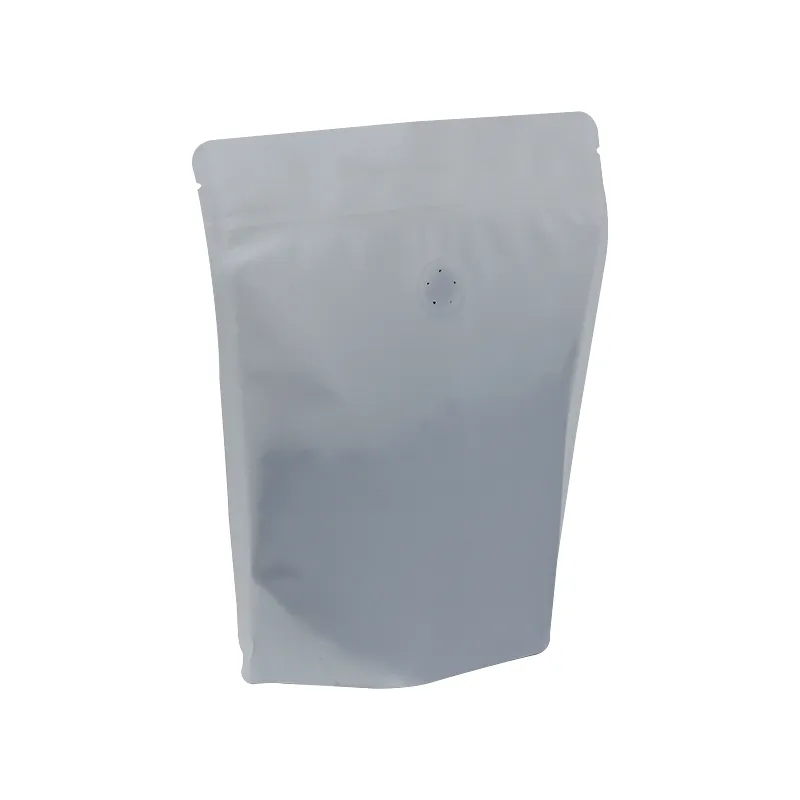- Afrikaans
- Albanian
- Amharic
- Arabic
- Armenian
- Azerbaijani
- Basque
- Belarusian
- Bengali
- Bosnian
- Bulgarian
- Catalan
- Cebuano
- chinese_simplified
- chinese_traditional
- Corsican
- Croatian
- Czech
- Danish
- Dutch
- English
- Esperanto
- Estonian
- Finnish
- French
- Frisian
- Galician
- Georgian
- German
- Greek
- Gujarati
- haitian_creole
- hausa
- hawaiian
- Hebrew
- Hindi
- Miao
- Hungarian
- Icelandic
- igbo
- Indonesian
- irish
- Italian
- Japanese
- Javanese
- Kannada
- kazakh
- Khmer
- Rwandese
- Korean
- Kurdish
- Kyrgyz
- Lao
- Latin
- Latvian
- Lithuanian
- Luxembourgish
- Macedonian
- Malgashi
- Malay
- Malayalam
- Maltese
- Maori
- Marathi
- Mongolian
- Myanmar
- Nepali
- Norwegian
- Norwegian
- Occitan
- Pashto
- Persian
- Polish
- Portuguese
- Punjabi
- Romanian
- Russian
- Samoan
- scottish-gaelic
- Serbian
- Sesotho
- Shona
- Sindhi
- Sinhala
- Slovak
- Slovenian
- Somali
- Spanish
- Sundanese
- Swahili
- Swedish
- Tagalog
- Tajik
- Tamil
- Tatar
- Telugu
- Thai
- Turkish
- Turkmen
- Ukrainian
- Urdu
- Uighur
- Uzbek
- Vietnamese
- Welsh
- Bantu
- Yiddish
- Yoruba
- Zulu
Sustainable Solutions for Compostable Plastic Food Packaging in Modern Catering
Compostable Plastic Food Packaging A Sustainable Solution for Our Planet
In recent years, the world has witnessed an escalating environmental crisis characterized by alarming levels of plastic pollution. With massive quantities of plastic waste exhibiting detrimental effects on ecosystems and human health, the need for sustainable alternatives has become pressing. One promising solution that has emerged is compostable plastic food packaging. This innovative material not only serves the critical role of food preservation but also aligns with our goals of sustainability and environmental responsibility.
What is Compostable Plastic Packaging?
Compostable plastic packaging is made from renewable resources such as cornstarch, potato starch, or other biodegradable materials. Unlike conventional plastics, which can take hundreds of years to decompose, compostable plastics are designed to break down into natural substances under specific conditions. This process generally occurs in commercial composting facilities, where high temperatures and microbial activity facilitate the breakdown of the materials into compost over a span of weeks rather than centuries.
Advantages of Compostable Plastic Packaging
1. Environmental Impact The most profound benefit of compostable plastic is its significantly reduced environmental impact. By opting for compostable materials, companies and consumers can lower the amount of waste that ends up in landfills and oceans. Additionally, these materials release fewer greenhouse gases during decomposition, contributing to a reduction in overall carbon emissions.
2. Resource Efficiency Many compostable plastics are derived from renewable resources, which helps decrease our dependence on fossil fuels. This contributes to a circular economy where materials are reused and recycled, minimizing resource extraction and waste generation.
3. Soil Enrichment When compostable food packaging breaks down, it adds organic matter to the soil, enhancing its fertility. This can aid in the growth of healthier crops, thereby promoting a sustainable food system.
4. Consumer Awareness and Acceptance With increasing awareness of environmental issues, consumers are actively seeking eco-friendly products. Brands that use compostable packaging can appeal to environmentally conscious customers, enhancing their marketability and building a positive brand image.
compostable plastic food packaging

Challenges Ahead
While the benefits of compostable plastic food packaging are clear, several challenges remain that need to be addressed
1. Industrial Composting Infrastructure One of the significant limitations of compostable plastics is that they require specific conditions to decompose effectively. Most municipalities do not have the required facilities to process compostable materials, leading to potential contamination with conventional plastics.
2. Cost Compostable materials can be more expensive than traditional plastics, presenting financial challenges for producers, especially small businesses. As the demand for sustainable products grows, economies of scale may help reduce costs in the future, but current prices can be a barrier to widespread adoption.
3. Consumer Confusion Not all consumers are familiar with compostable plastics, and there may be confusion about how to dispose of these products. Proper education on the characteristics and disposal methods for compostable packaging is crucial to ensure that they are used effectively and do not end up in landfills.
The Future of Compostable Packaging
The future of compostable plastic food packaging is promising, as technological advancements continue to evolve. Researchers are exploring new biodegradable materials and processes that could enhance the efficiency and effectiveness of composting. Additionally, as more municipalities adopt composting programs, the infrastructure needed to support the compostable packaging industry may expand, allowing it to flourish.
In conclusion, compostable plastic food packaging offers a viable and sustainable alternative to traditional plastic materials. It has the potential to significantly reduce environmental impacts, promote resource efficiency, and enrich soils. While challenges exist in scaling up this solution, the growing consumer demand for sustainable practices indicates that the industry will evolve. A transition towards compostable materials in food packaging not only aids in combating plastic pollution but also aligns with the global shift towards environmental stewardship. It is imperative that we embrace these innovations as part of our commitment to protecting the planet for future generations.













